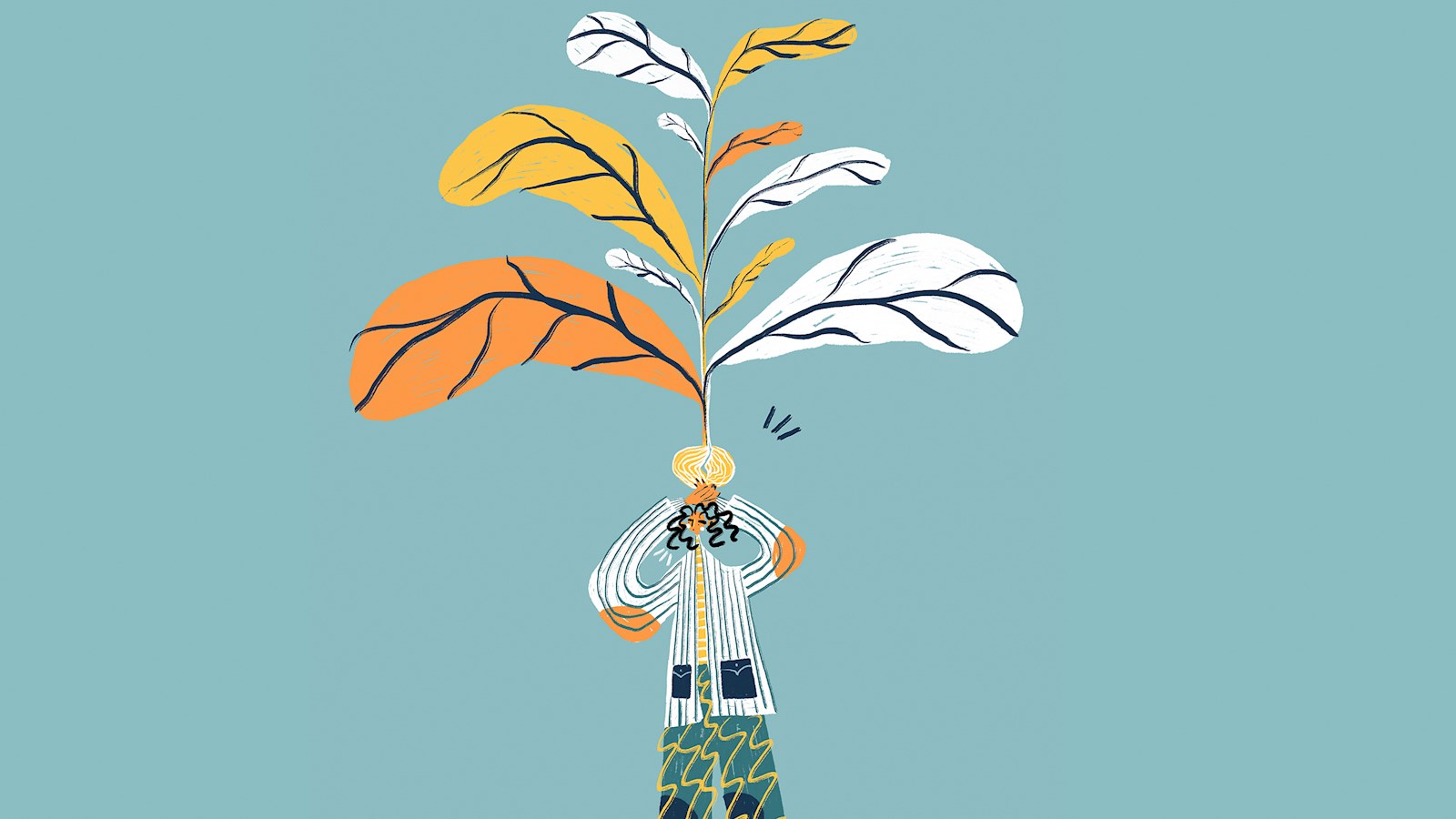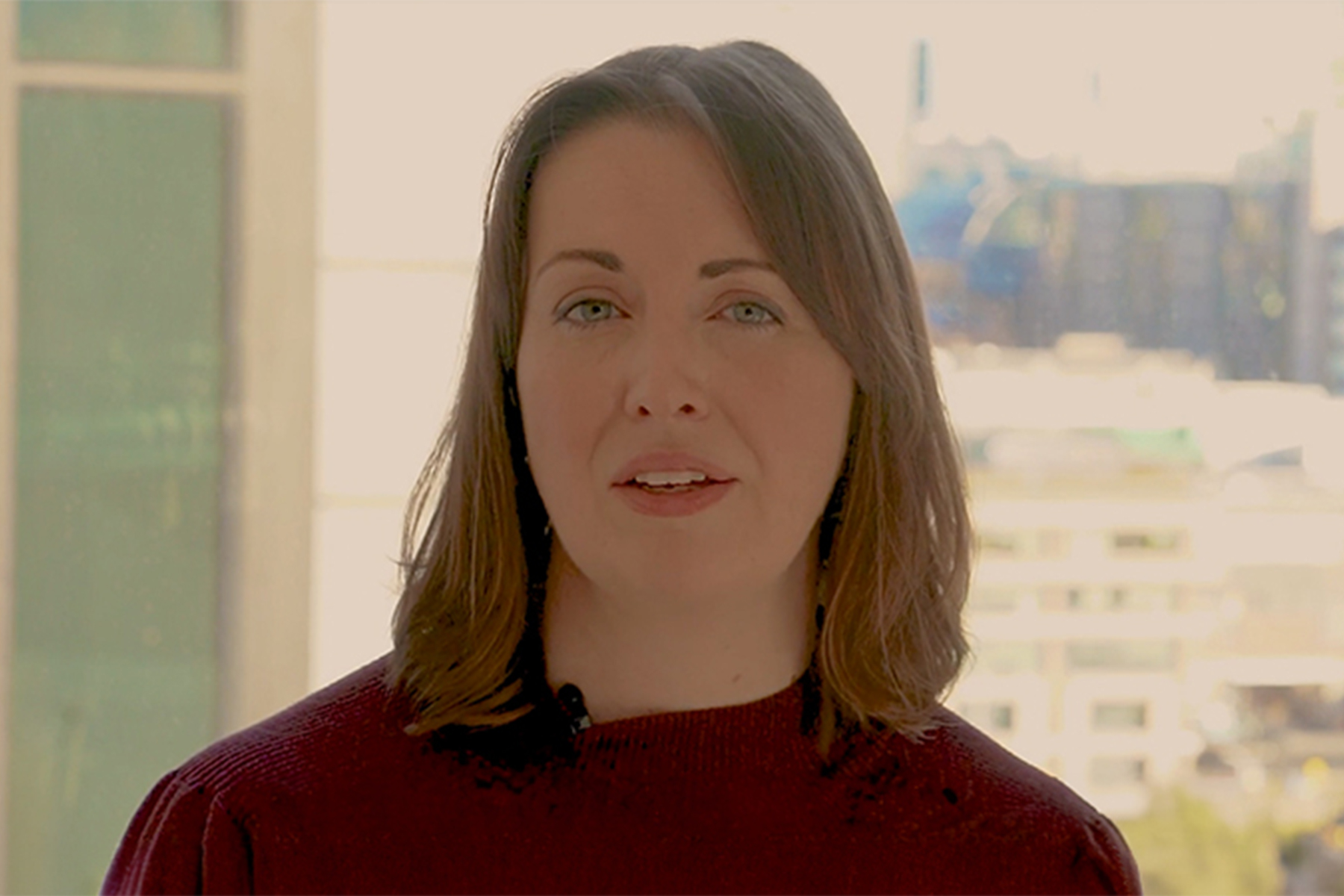
Navigating business transformation
As brands and organisations turn their focus toward growth, four areas – health, racial awareness, climate change and economic recovery – will require attention, say Rachel Hogan and Gareth Jones.
These Field Notes help to decode the new rules that now define every aspect of modern life and help companies prepare for unexpected scenarios arising in this next normal. Amid recovery, brands and marketers are looking to lay the groundwork for innovative ways to think about age-old challenges and find growth opportunities in unexpected places. To navigate all this, here are 10 new rules for a changed world, and a conversation on the next evolution of customer experience (CX).
10 new rules for a changed world
1. The return of the planet
Global alarm over the warming of the planet subsided as countries grappled with the ongoing pandemic. But not for long. The climate is taking centre stage again – especially for the younger segment of the population, the people brands want to influence. This isn’t political. For a long-term sustainable business future, prepare for this reality.
2. Moderation in all things
While the world seems increasingly polarised, it’s not always a good idea to draw conclusions solely from what you see in the press. Consumers are looking for brands to take stands, but it’s a much better course to be helpful rather than revolutionary in your approach. Moderation in all things seems to be the rule.
3. The rise of distributed models
Much of the discussion about the new normal has focused on the workplace. But one of the direct consequences of the pandemic has been the mass adoption of remote technology. It’s not just young professionals who have grown comfortable with Teams and Zoom, but everyone from age five to 95. This has opened new opportunities not only for work, but also for exercise, health, education, medicine and entertainment. Study this changing landscape and use it to your advantage.
4. The diminishing commute
New business models have emerged as we connect increasingly online. The pandemic demonstrated that business as unusual was possible, and an increasingly environmentally conscious workforce has grown accustomed to working from home. Companies are finding resistance to the traffic-heavy commutes required in the past. This allows for opportunities to build new efficiencies into operations. And forward-thinking brands might ask how this will affect marketing as people will consume less on the go.
5. Social justice: from catalyst to movement
One of the characteristics – and some would say weaknesses – of the social justice movement is that it has primarily been catalyst-driven. A single event sets off a wave of protest in a population where tensions have long been growing. In many ways, this has proved a double-edged sword, as the reactions turn violent, weakening support for the cause. As social justice turns into more of a sustained movement, it has gained mainstream support and brand interest.
6. Mental health goes mainstream
While mental health has been a focus in many Western nations for some time, it has not necessarily been so in the rest of the world. During the pandemic, that changed. Reports of fear, anxiety and depression have bubbled up in places where they’ve often been repressed. The interest on wellness will only continue to grow. Consider it as part of your brand’s offering and experiences.
7. Businesses lead inclusion and diversity efforts
Even during the pandemic, racial injustice and the lack of inclusion became hot topics for people around the world. While governmental action is ultimately needed to address historic imbalances, businesses are far more agile and decisive than elected officials. Keep an eye out for consumers that demand brands begin the hard work of making hiring and promotional practices fairer and more transparent.
8. Recycle everything
Customers have become aware that purchasing products, by itself, increases their carbon footprint. As a result, there is a growing trend among young people to purchase used clothing, furniture and other items. This is a tricky trend for many brands to navigate, but it’s important to recognise that consumers are often looking to recycle rather than buy something new. Sustainability is key to the future.
9. Worldwide collaboration returns
The drive to a COVID-19 vaccine was astonishingly fast by historical standards. Many different players collaborated to solve an incredibly difficult problem: stopping a deadly disease in its tracks. Whilst countries may become increasingly fragmented and divided politically, collaboration around the globe has never been easier. It’s hard to predict exactly where this enhanced collaboration will take us, but it is likely to be to better places, especially in the arts and sciences.
10. Reimagine experiences
As the world settles into the next normal, there’s an opportunity for brands to reimagine experiences for their customers. The negative impact of a forced digital immersion – or Zoom fatigue – has affected almost everybody, and the pendulum will swing back toward more analogue experiences. Stay curious and reinvent inspired, real-life moments to complement digital experiences.
published on
06 December 2022
Category
More in The Atticus Journal

Generative AI: mitigating risk to unlock opportunity
H+K’s Allison Spray on managing the commercial and reputational risks that the proliferation of generative AI will present

Making sustainability profitable
Sustainability investments must deliver returns – both financial and reputational – to be ‘sustainable’ for business. Something needs to change, says Luc Speisser

Sustainability comms must get real
There’s a disconnect between the way corporations talk about climate change and how the public discusses the same issue. That’s the conclusion of research by Jamie Hamill, Alessia Calcabrini and Alex Kibblewhite.

